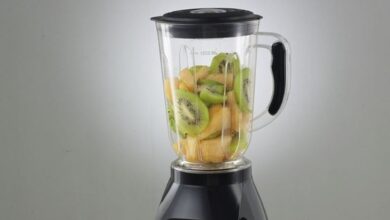Viral Videos
Woman Eaten By Alligator Full Video Pulls Into Water
Sponsored links
Woman Eaten By Alligator Full Video Pulls Into Water
Woman Eaten By Alligator Full Video, The United States 85-year-old woman lost her life after a giant alligator ate her when she was trying to save her dog from that alligator, alligator pulls woman into water for about some minutes before her body started floating
According to a Daily Mail report, the viral video shows the old woman walking around with her dog beside that beach as a giant alligator raced through the water toward her and then attack the dog. the was killed trying to save her little dog
“There is a woman in the lake; the alligator got her,” the 911 call recorded someone telling a dispatcher how the old woman was eaten by a giant alligator, TMZ reported.
Woman Eaten By Alligator Full Video
The video also revealed the gator is after the woman’s dog; at first, the old lady 85-year woman tried to rescue her dog from the alligator but ended up getting killed by it. The woman had initially failed to notice until it was too late.
Inside Edition first released the video of the Woman Eaten By Alligator Full Video before it went viral on some Twitter pages; the video is terrifying to watch as the alligator pulled the woman inside the water and after 8 minutes she was floating on the water.
Many people who have watched this video on Twitter described it as terrifying, and Woman Eaten By Alligator Full Video Pulls Into Water is going around on some Twitter handles and some social media platforms like Facebook and Instagram.
“I watched a video of an 85-year-old woman being eaten by an alligator. Truly something I never needed to see.”



How is this a full video you cunts!